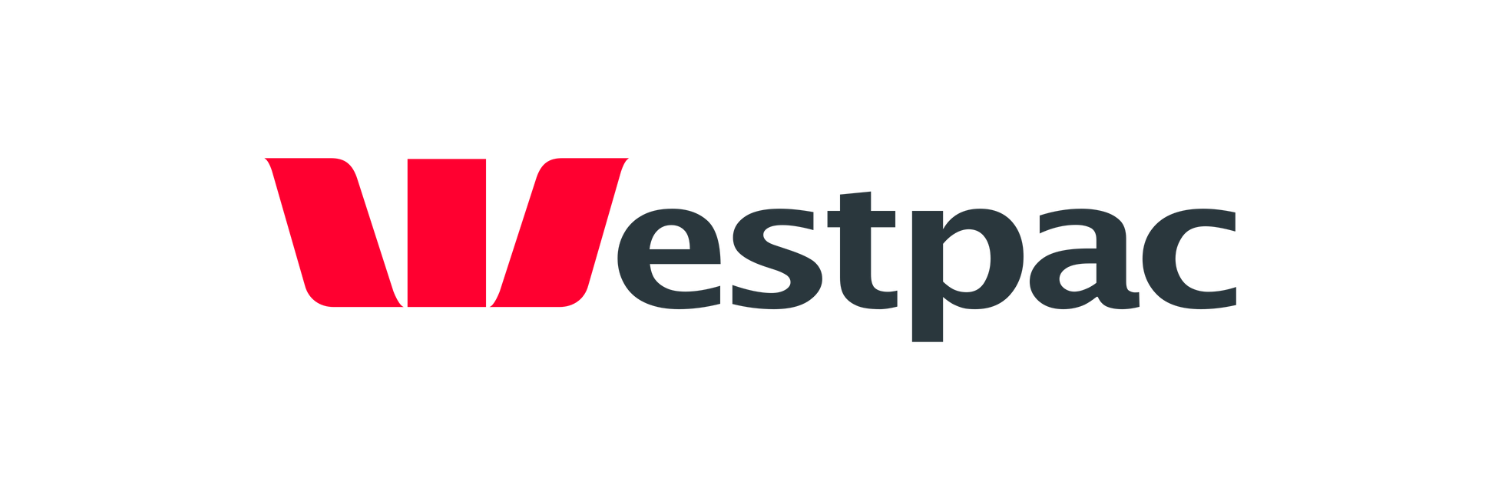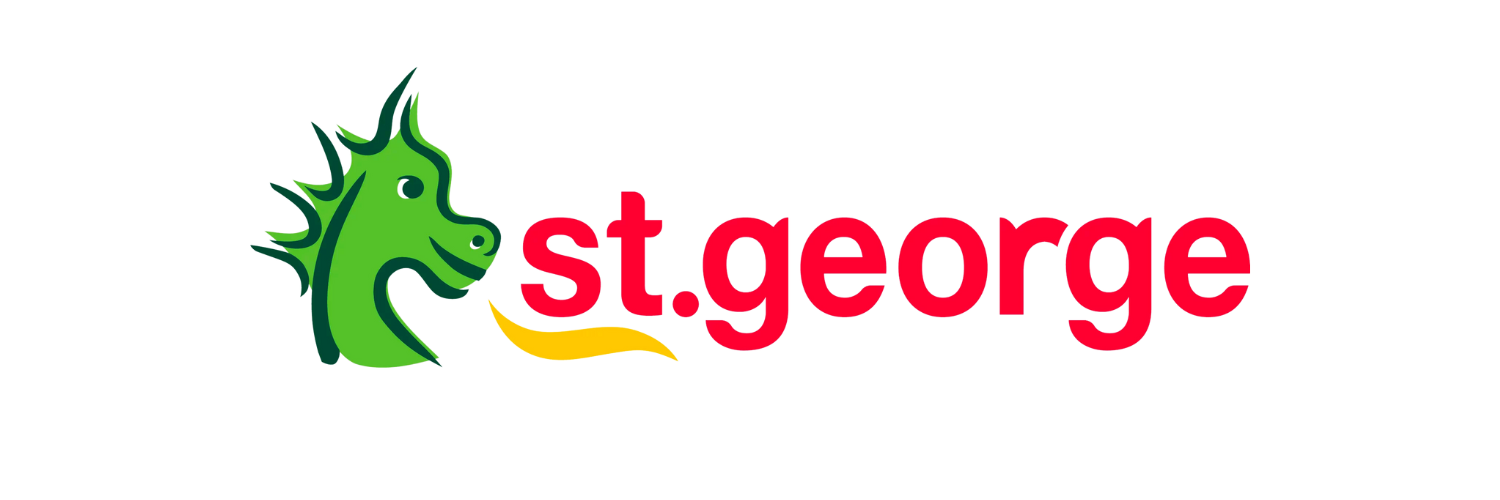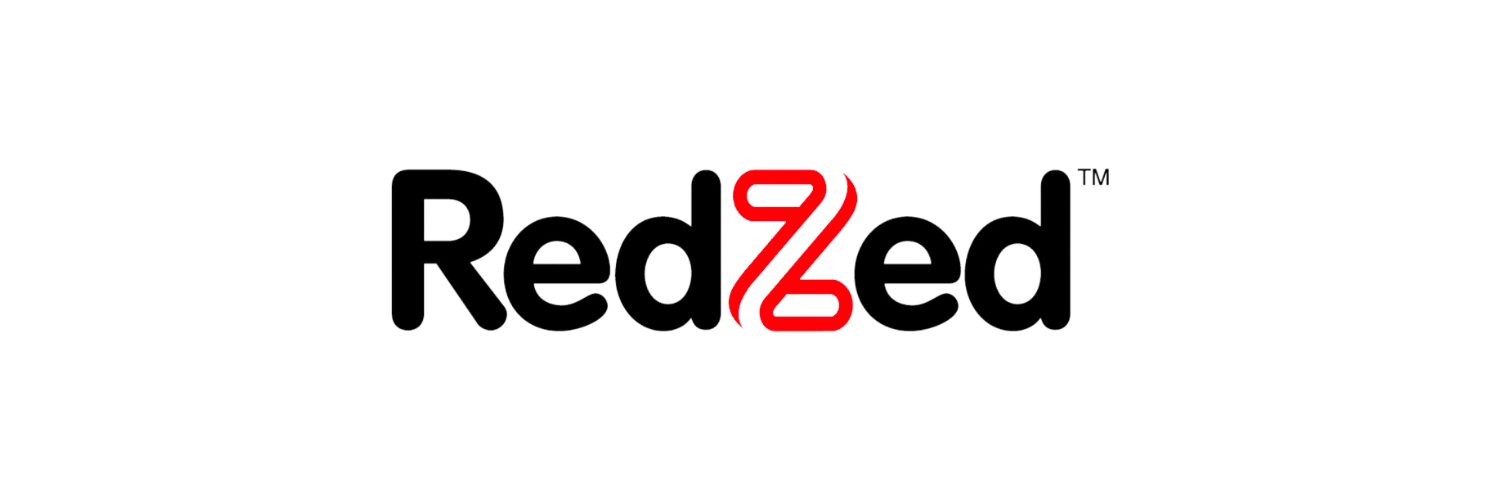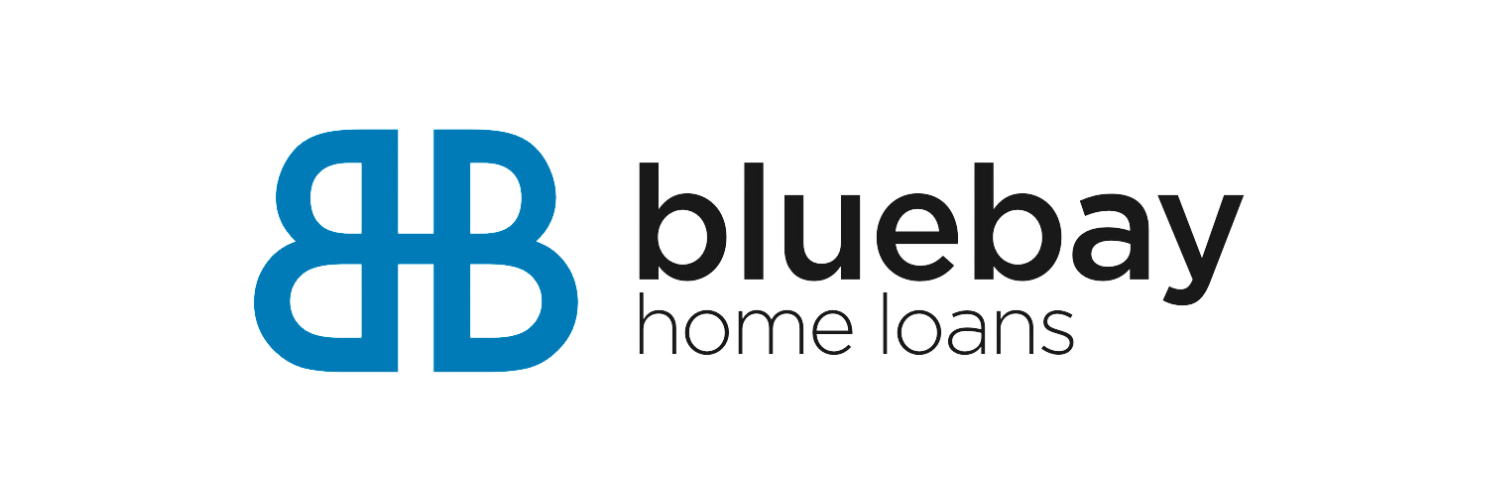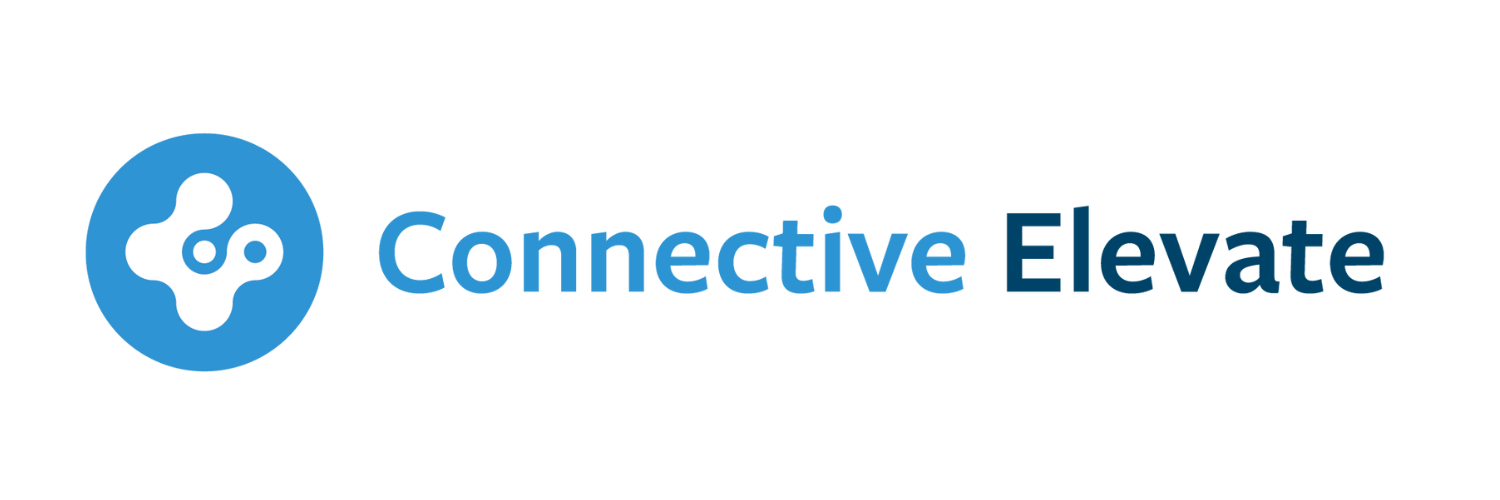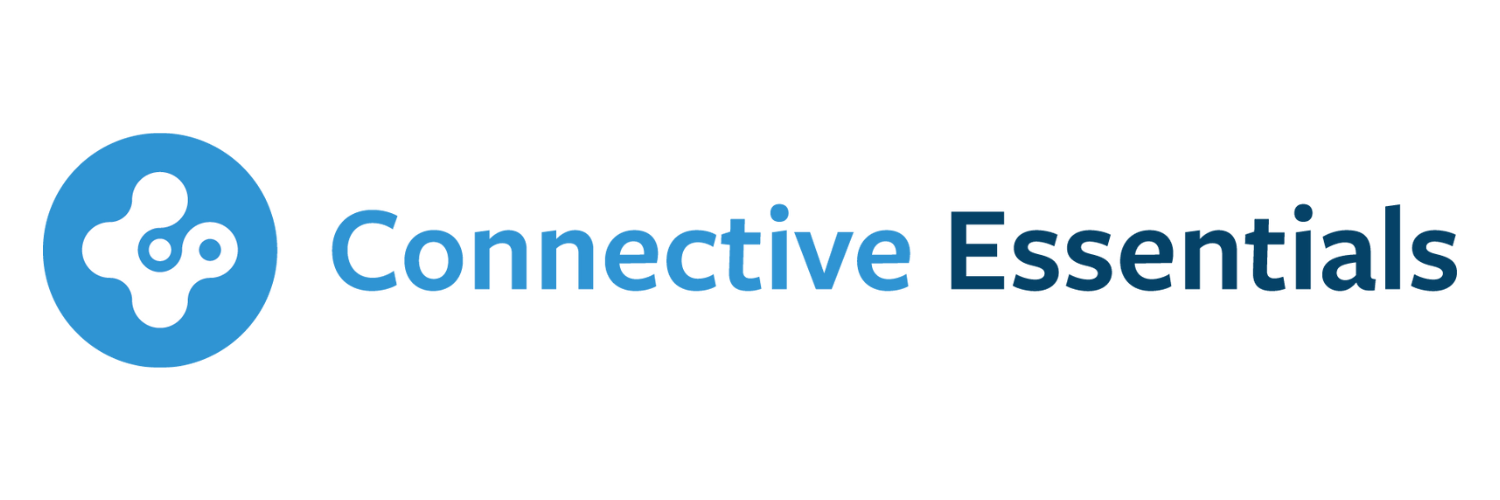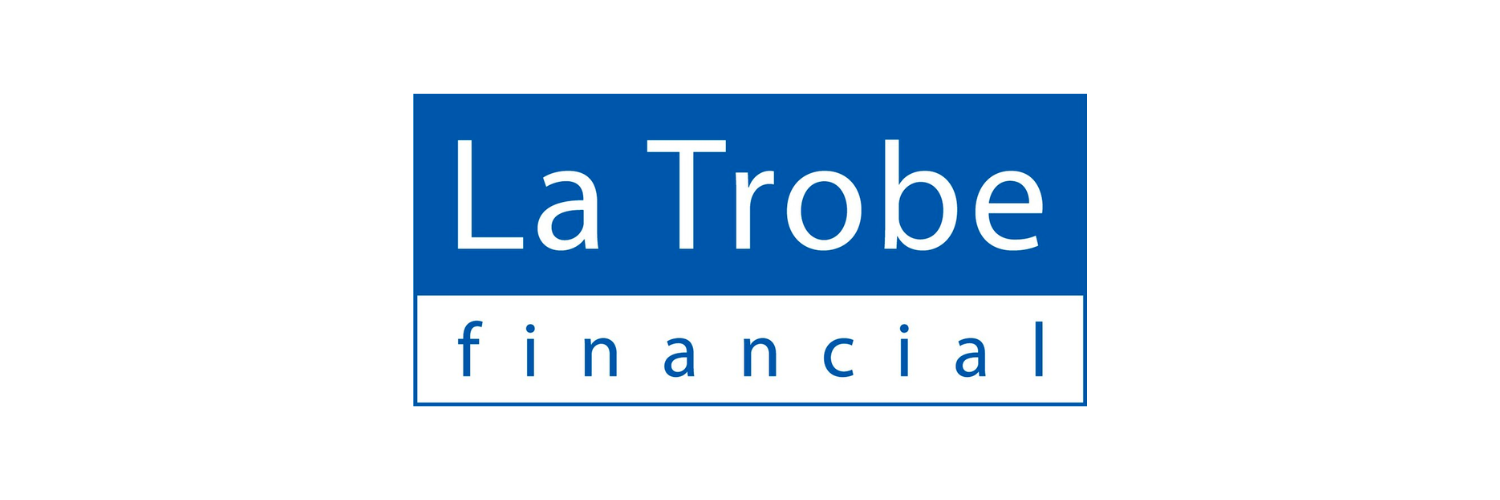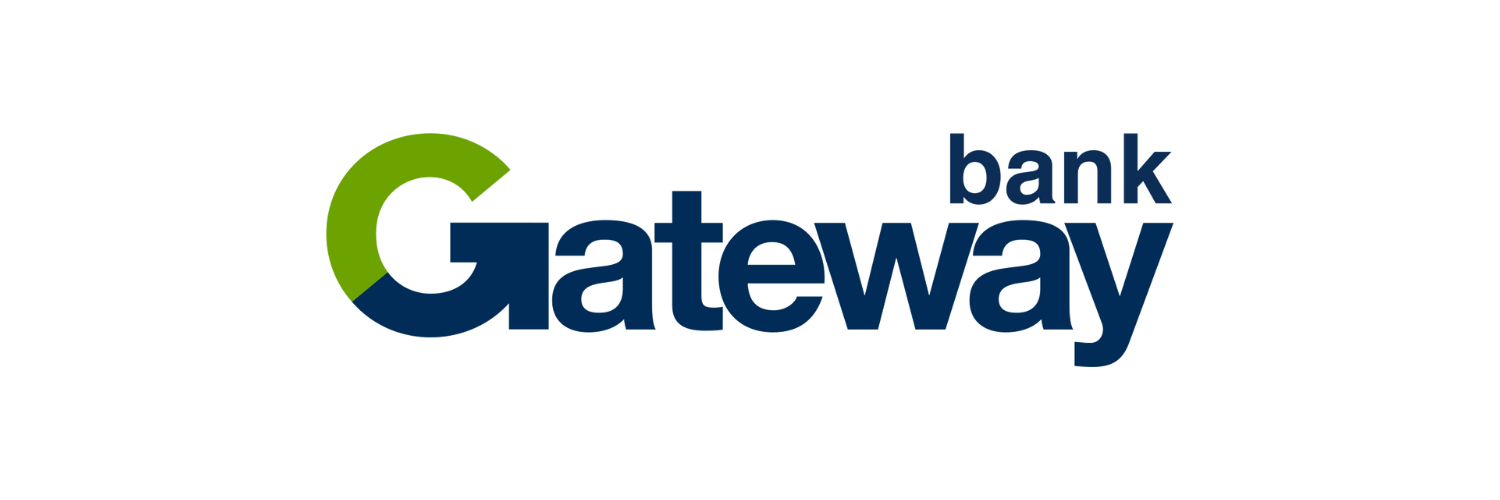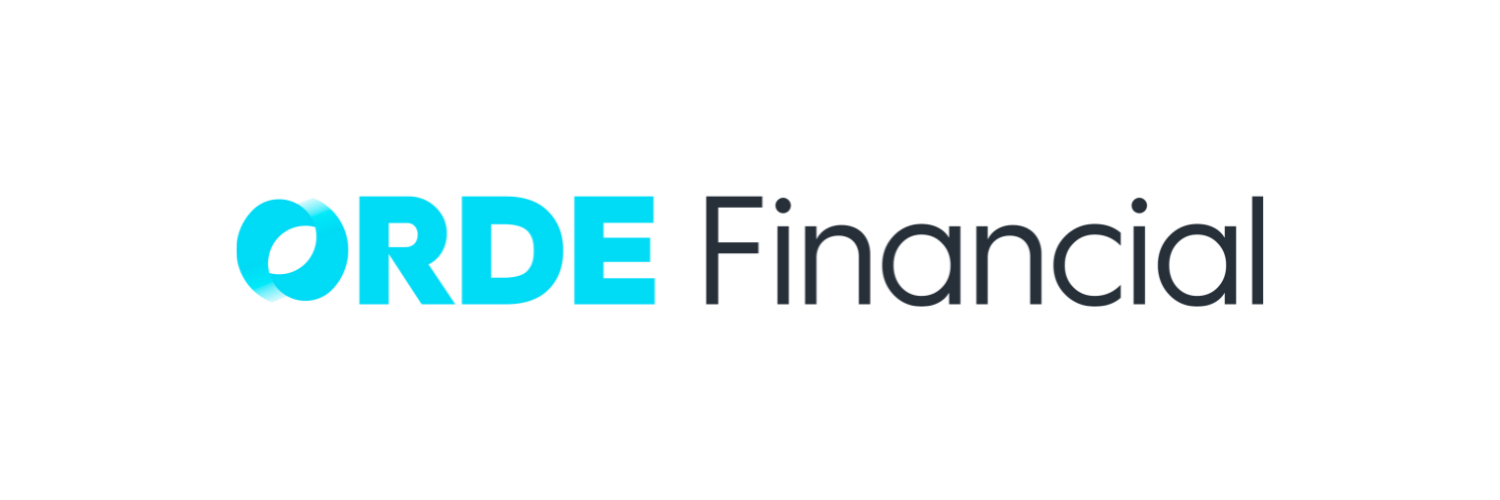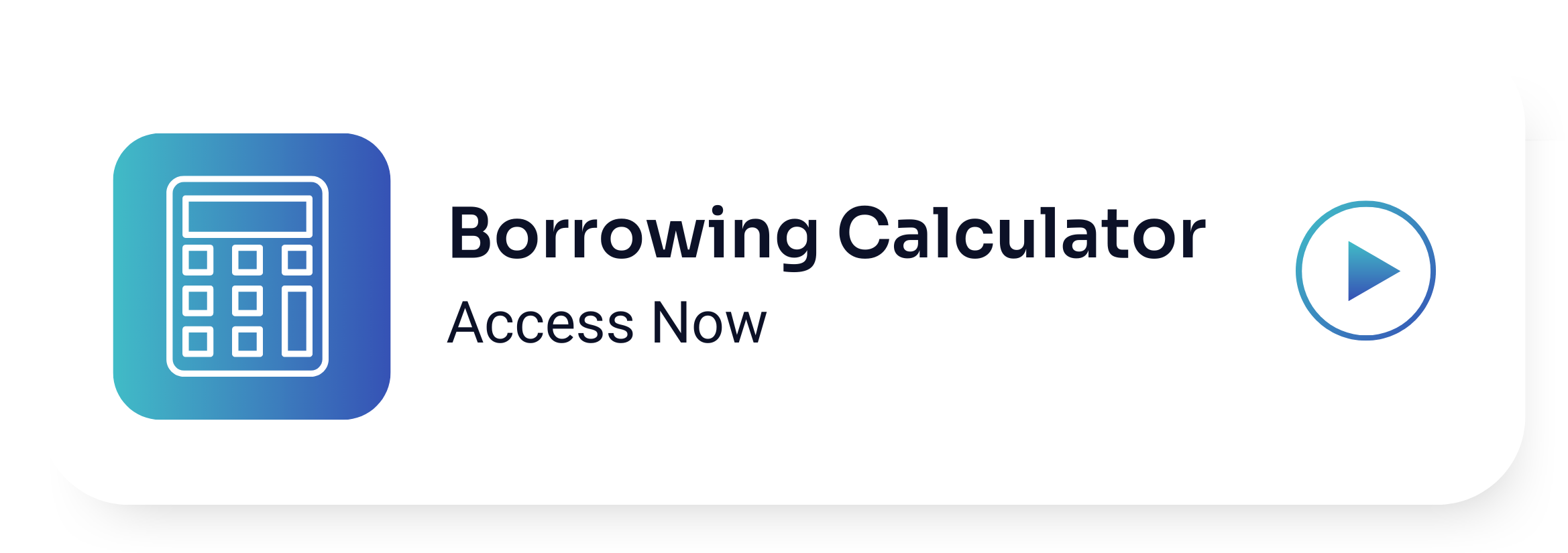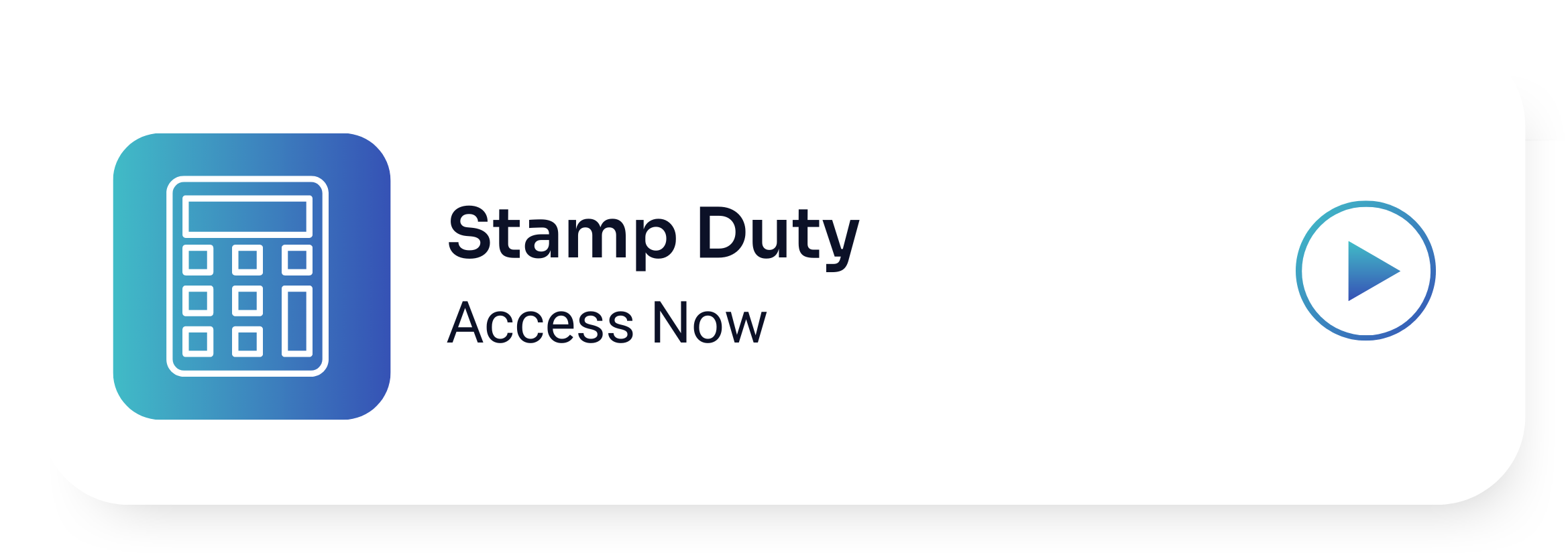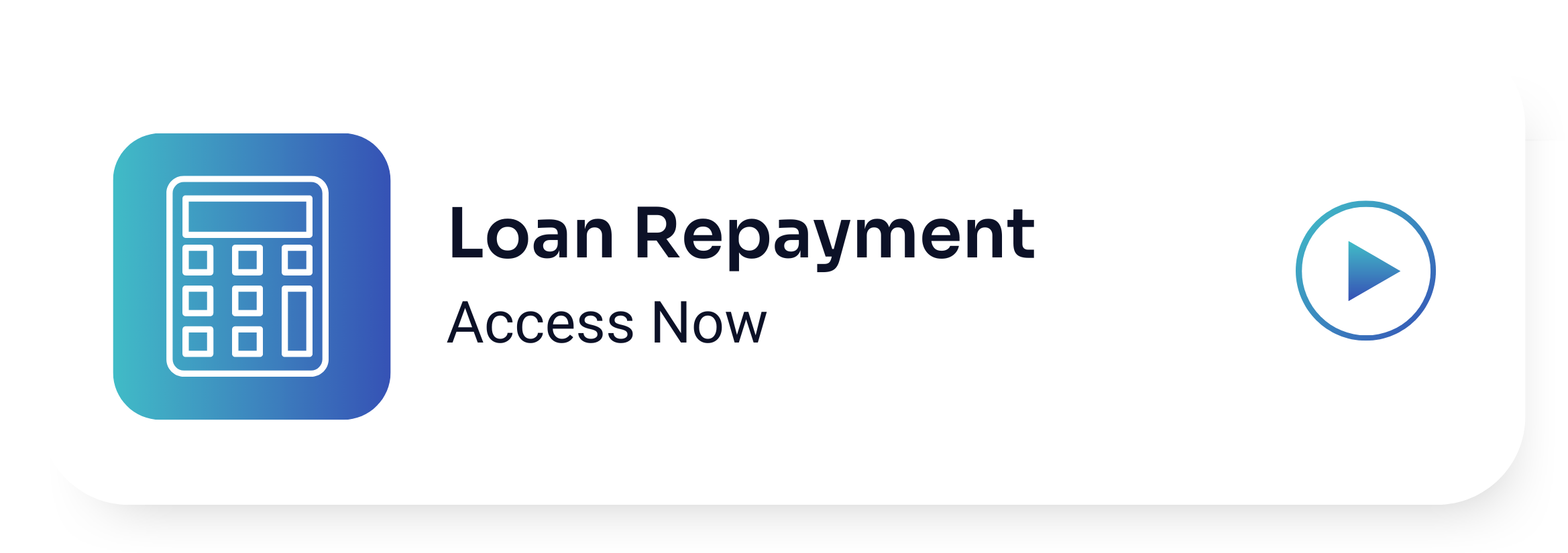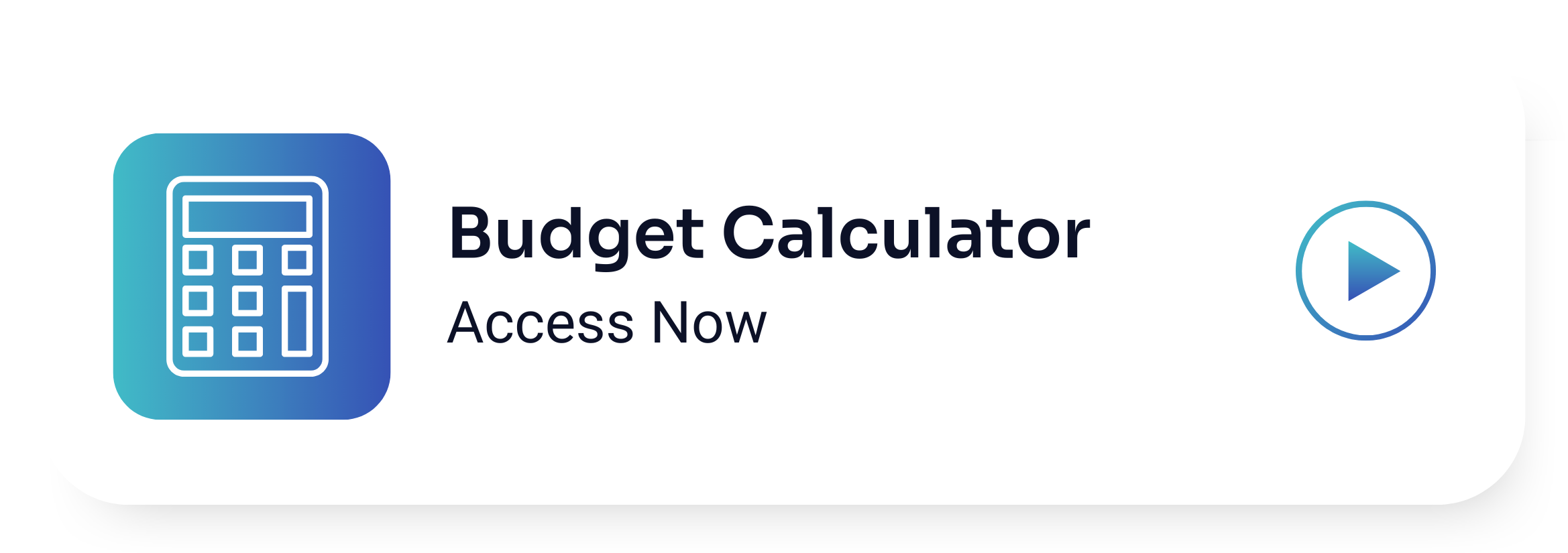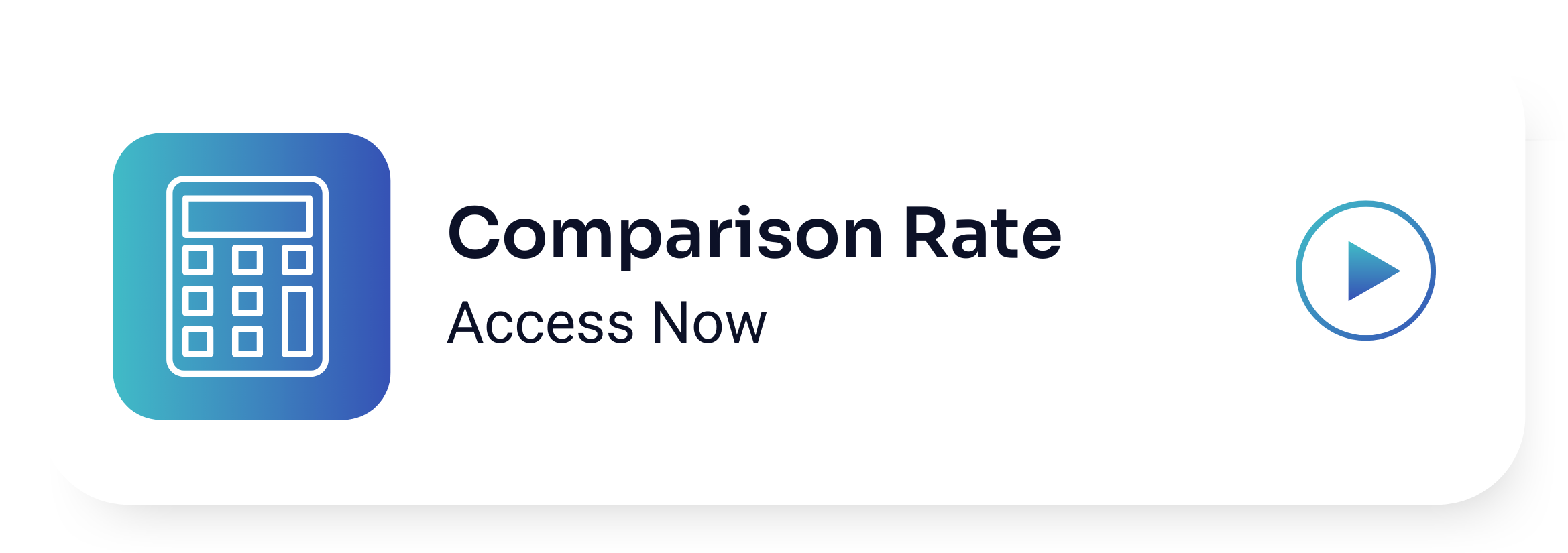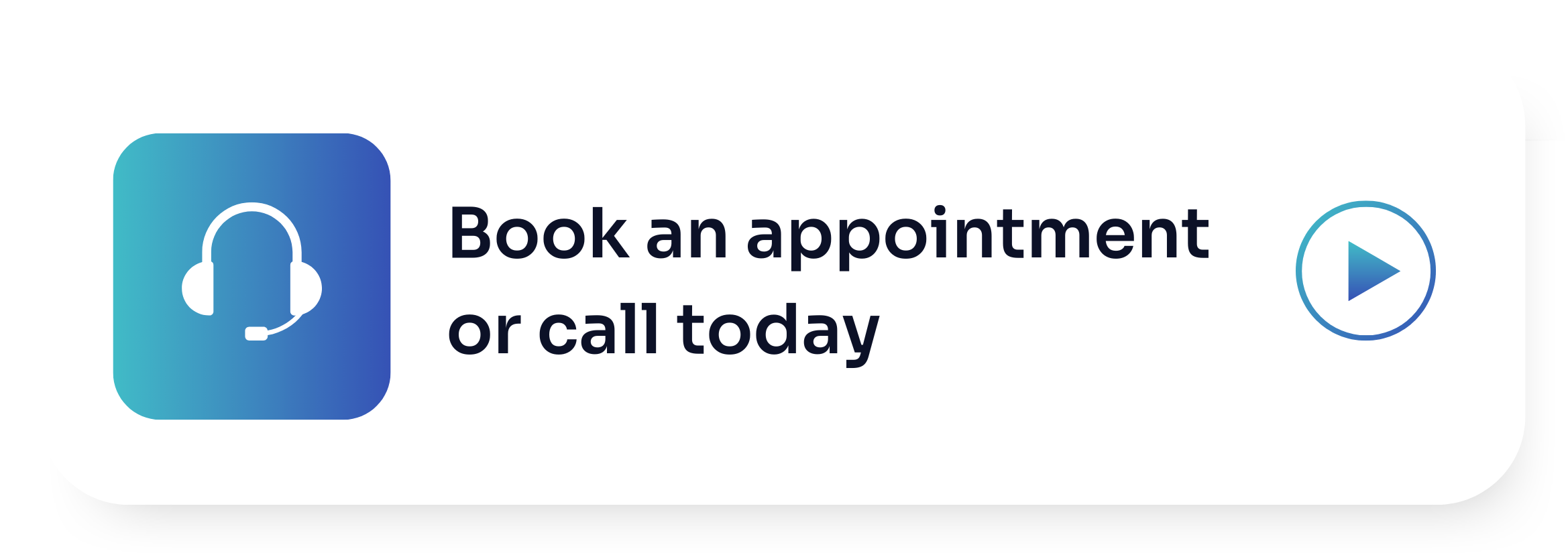Grants? Repayments? Fees?
Sign-up to our monthly tips and tricks on buying your first home!
Stamp Duty
Lenders Mortgage Insurance
Building Insurance
Want to buy your First Home? Discover what you need to know below!
Things to consider when buying your First Home
When obtaining a home loan, it’s essential to account for stamp duty and establishment fees, as well as conveyancing and building and pest inspections, which come with their own fees. Lenders Mortgage Insurance may also be necessary if the deposit is less than 20%, and building insurance is required before settling. Considering these factors can help make the home-buying process smoother.
Grants available to First Home Buyers
First home buyers in Australia can receive government grants and incentives, such as the First Home Owner Grant, stamp duty exemptions, and the First Home Loan Deposit Scheme. These options vary by location and can make buying a first home more affordable.
What is LMI?
When you’re looking to buy a property, it’s important to understand the concept of Lenders Mortgage Insurance (LMI) if you’re planning to borrow more than 80% of the property’s value. It’s a one-time fee that protects the lender from loan default risk and depends on deposit size and property value. Although LMI adds to the mortgage cost, it can enable purchasing a property with a smaller deposit, which is beneficial for first-time buyers struggling to save a large deposit.
What is LVR?
LVR is the amount of money you want to borrow divided by the property’s value. If your LVR is high (above 80%), you may need to pay Lenders Mortgage Insurance, which adds extra cost to your loan. As a first home buyer, it’s important to understand your LVR and try to keep it low by saving a larger deposit. This will help you borrow more easily and keep the cost of your loan down.
What is Stamp Duty?
Stamp duty is a state and territory tax imposed on specific transactions, including property purchases. The amount varies based on the property value, location, and first-time buyer status, and it can be a significant expense to consider when buying a property. Some states provide concessions or exemptions for first-time buyers or lower-valued properties.
What are the benefits of an Offset Account?
An offset account is a linked savings or transaction account that reduces the interest charged on your home loan. Its benefits include saving on interest charges, flexibility, tax-free interest earnings, and potentially faster home loan repayment.
What is a 'Split Loan'?
A split loan combines different loan products in one mortgage, providing borrowers with flexibility and control over repayments. Borrowers can divide the loan into different parts with varying interest rates, repayment terms, or features. This approach allows borrowers to manage cash flow, balance risk, and take advantage of interest rate decreases.
Things to consider when buying your first home
You know you need to put a deposit on your home, but do you know how much you need to save? Lenders can vary, but typically they require a 5% deposit and once you factor in upfront costs, this comes to about 8% of the purchase price.
Common upfront costs include:







Saving for a deposit
Lenders typically require a 5% deposit and once you factor in upfront costs, this comes to about 8%

Upfront costs
In addition to saving your deposit, there are a number of upfront costs you will have to pay for

Get your home loan approved quicker
Discover these 8 things that will get you into your home sooner
Our Online Calculators
Want to get started but not quite ready to chat?
Sign-up for our monthly tips and tricks on getting the best home loan sooner!
Powered by Australia's best lenders, we can choose your home loan wisely.




